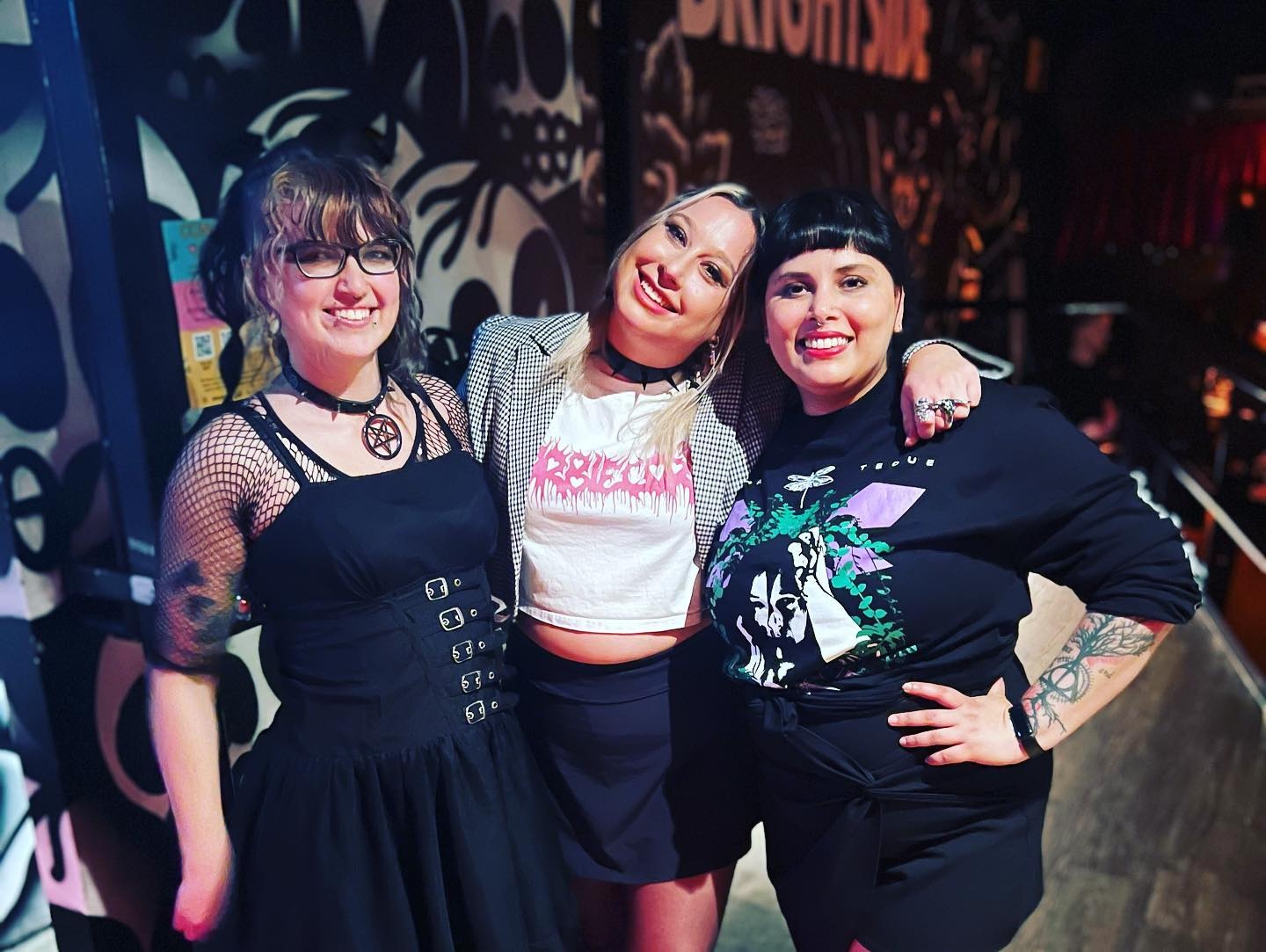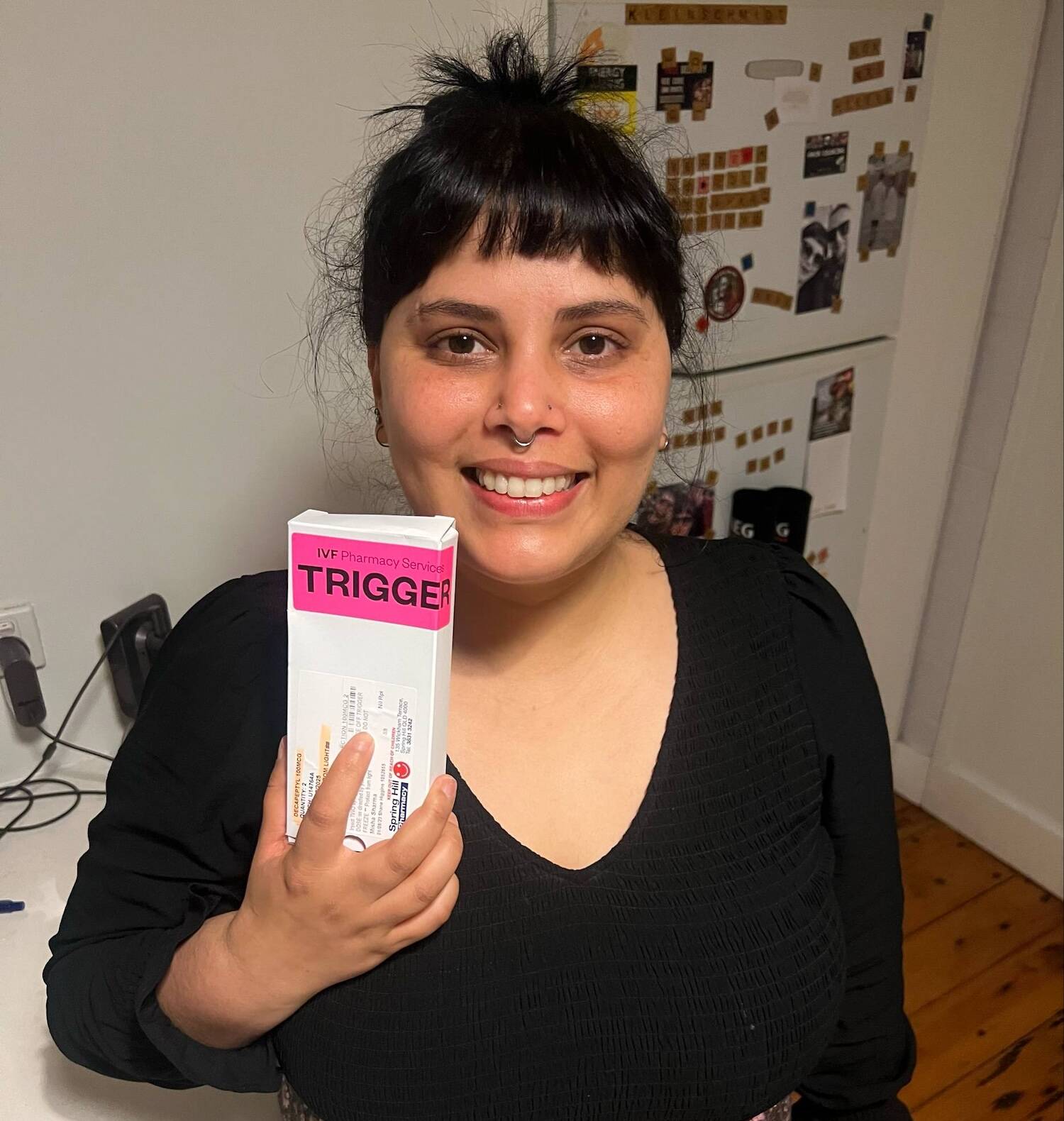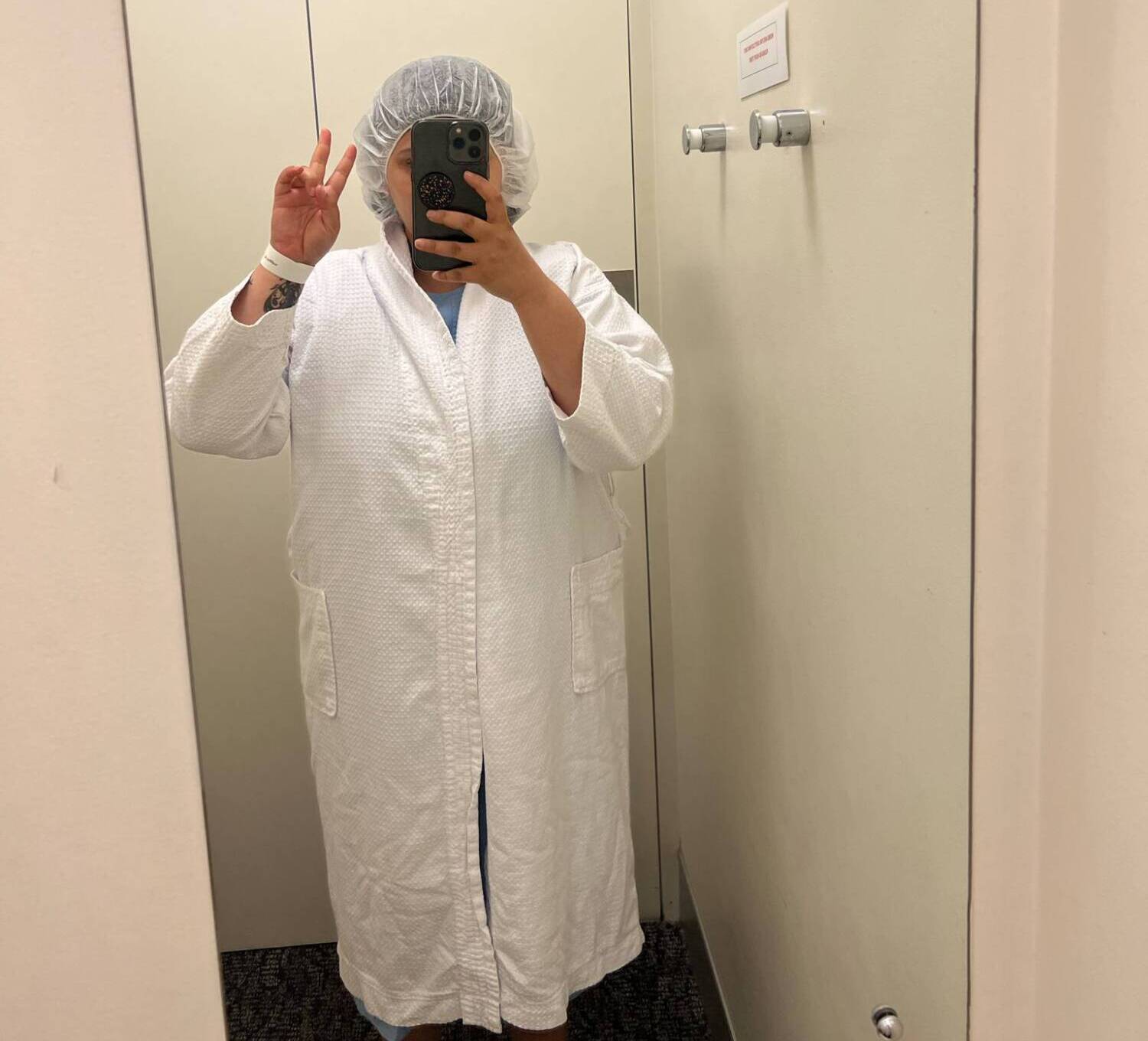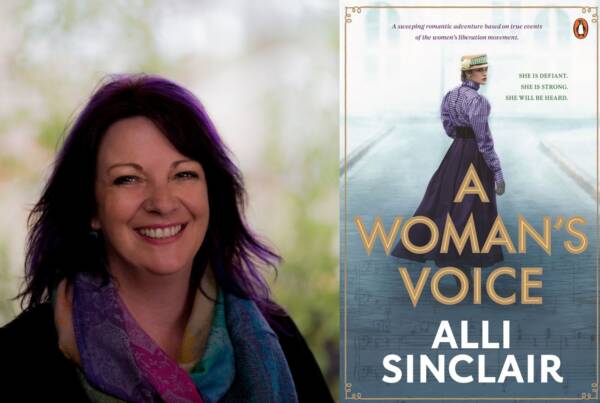Words by Torizon
 Meanjin/Brisbane petalcore outfit, Torizon, recently unveiled their emotionally charged single Bloom.
Meanjin/Brisbane petalcore outfit, Torizon, recently unveiled their emotionally charged single Bloom.
Between our band and team, we’ve had many friends and family who have dealt with fertility challenges and walked through pregnancy loss.
When we started exploring this concept, our friends shared how much pressure there is to stay quiet, which makes it feel even more isolating. That really hit home and set in motion a body of work that starts with Bloom and will unfold over the next few months. Our aim is to bring those lived experiences into the open to help others feel seen and supported.
Bloom dives headfirst into a maelstrom of razor-sharp riffs, hammering bass, and propulsive drums decorated with vibrant synth flourishes. Frontwoman Mish Sharma’s dynamic vocals oscillate between searing ferocity and delicate fragility, while bassist Ben Gallaher’s call-and-response melodies offer a dual perspective to the unfolding narrative of characters Luna and Sam moving through a harrowing miscarriage.
If you have someone in your life who is dealing with fertility issues, here are five ways to support them:
Hold space, but most importantly, hold the advice: When couples are struggling to conceive, going through IVF rounds or dealing with pregnancy loss, they have done their research and their medical team has already discussed all available options. The last thing they need is others giving unsolicited advice. Let’s try to be the soft place for them to land, cry, grieve and vent without judgment.
Let’s not tell people to be grateful/stay positive: Telling someone struggling with fertility to be grateful or to stay positive invalidates their experience, minimises their grief and discourages them from communicating their feelings. Their grief, anger, frustration, and fear are all valid and shutting them down or telling them to be positive is not going to change the outcome. It perpetuates the isolation and leaves them suffering in silence.
Shame and silence are the bedrock for ongoing stigma that needs to be challenged, and talking about fertility experiences, both good and bad, needs to be normalised. So let’s leave those #goodvibesonly ways out of this.
Ask how they’d like to be supported: Some people like practical support, others prefer someone they can emotionally lean on or spend quality time with, etc. – the bottom line is that people are different and deal with things differently. If you’re not sure about it, just ask how you can show up for them. Ask for specifics about how support looks for them – is it driving them to their fertility appointments, a call to check in after the hormone injections, sitting down with a cuppa to listen/vent in a judgement-free zone, etc. The excess hormones for IVF egg production/retrieval come with a bunch of mental and physical health side effects; anything self-care related is always a welcome gesture.
Seek resources: Being proactive about exploring different experiences removes the mental load from your loved ones and shows that you care because you are educated on the matter. It’s 2025, and Google is at our fingertips – look up the process for conception via IVF, lived experience, and support resources available in the area. This is especially important for our rainbow community members who often rely on fertility treatments to start their families. Here are some to get you started:
Miscarriage Australia – Where to find support
And lastly, the dreaded ‘when are you having kids?’ question…..
Let’s remove ‘when are you having kids?’ from our vocabulary: If you’re ever in doubt, just don’t ask. While your intentions are harmless, it’s not your business (respectfully). If they are having trouble falling pregnant, this is the last thing they need to be reminded of. Let’s shift our focus to building a safe environment so our friends feel comfortable opening up about such sensitive personal challenges.
And for the love of Sauron, if they have just gone through a miscarriage, please DO NOT ask ‘when are you going to start trying again?’ (this actually happened to someone we know.)
Our vocalist Mish, donated her eggs anonymously, which has now resulted in the birth of a baby and a few healthy embryos ready to be implanted.
“I decided to stay child-free a long time ago,” Mish explains. “I was parentified growing up, and I have injuries from sexual assault that would make giving birth pretty complicated. Plus, I absolutely love being an Aunty to my little nieces and nephews.”
“On one hand, I felt strongly about not having children of my own. But on the other hand, I was seeing people close to me struggle with fertility, including my long-term medical practitioner and members of the LGBTQIA+ community who rely on treatments to start their families. Once I started looking into the process, I found out there’s an egg shortage here in Queensland, which really reinforced my decision.”
“Here are some photos from the first day of injections and egg retrieval prep — and above is me at BIGSOUND, extremely hormonal with my ovaries feeling like bowling balls, carrying 24 follicles!”









